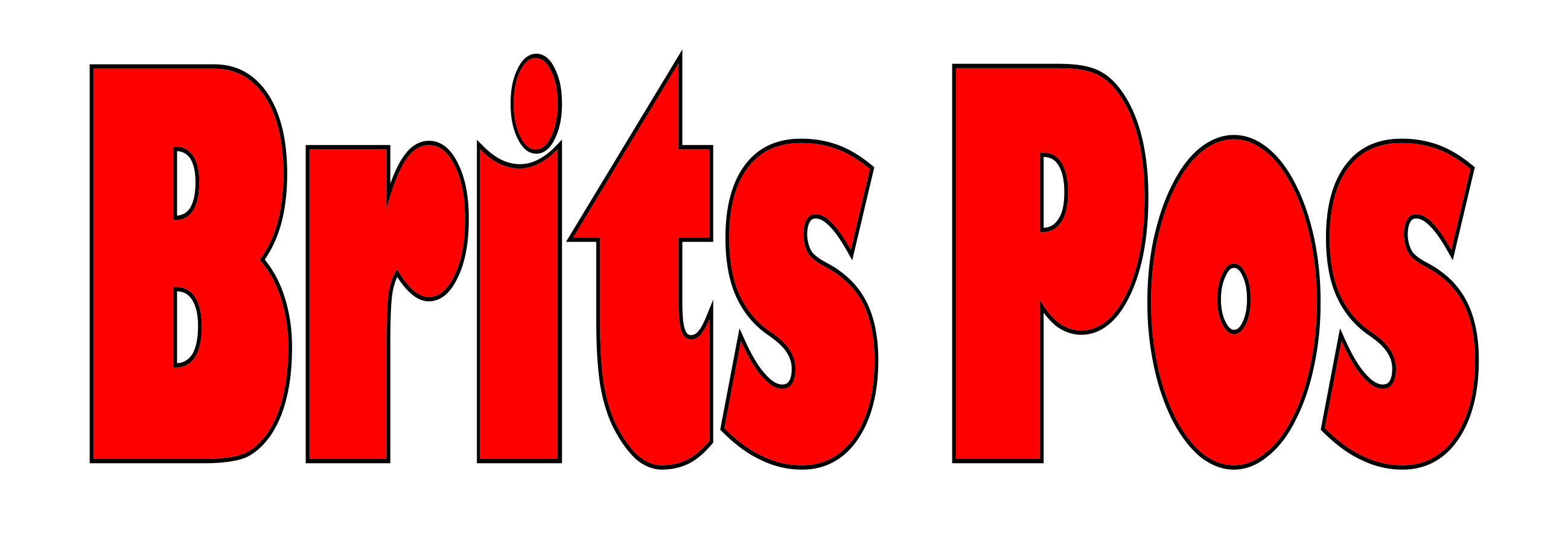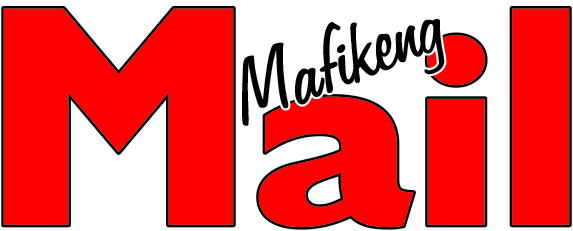Lentswe, Klerksdorp - “One of the biggest threats to education in South Africa is government officials. Mismanagement, incompetence and wilful political ignorance at the level of provincial education departments remain the weak link in the education chain”
Dr Jaco Deacon, CEO: Fedsas, made this shocking claim this week.
“Only three of the nine provinces have made the compulsory payments to schools by the deadline of May 15. Schools receive two annual payments – before or on May 15 and before or on November 15 in accordance with the National Norms and Standards for School Funding. The only education departments that adhered to the statutory deadline were the Western Cape, Free State and Limpopo.”
He said all South Africans should be up in arms about this as schools really struggle to get by, and many do not have money to pay for even basic expenses.
“Education departments boast about the matric pass rate of 87.3%, which is in stark contrast to the departments’ failure rate of a mere 33%,” says Deacon.
“These education departments are trampling children’s constitutional right to basic education. Our elected leaders are also missing in action. Where are the oversight committees of the provincial legislatures? Why did the portfolio committee of Parliament not do its job? It looks like they are collecting pay checks while sleeping on the job!”
He said on March 7 this year, they requested the National Department of Basic Education to ensure that all departments will adhere to the regulations.
“We also wrote to provincial departments to remind them of their statutory obligation to schools.”
No-fee schools are hit the hardest. “These schools do not charge school fees and are entirely dependent on the two annual payments. Even with the payments it works out at around R1 754 per learner per year, or R8,77 per child per school day.”
Schools that do charge school fees are also struggling. These schools face a financial crisis if parents do not pay school fees, or if education departments do not pay the remuneration to schools for exemptions to parents who cannot pay school fees.
“Spending on education requires a total overhaul. Large amounts are approved in the budget, but schools see very little of this money. This also raises questions about the inclusion of a compulsory Grade R. If there is not enough money to manage the current system of grades 1-12, where will the additional money come from?”
They are calling on the Minister of Basic Education, Siviwe Gwarube, to act urgently.
“Ultimately it is her duty to see to it that children’s constitutional rights are respected. Fedsas demands that she takes action against the heads of education and the officials involved in the six provinces.”
Deacon says the worst part is that this is not an exception. “Every year with each deadline there are departments who act unlawfully. Not a single person has ever been held accountable. It is time that this be placed high on the agenda of the Government of National Unity.”
Fedsas is a voluntary association of school governing bodies of public schools and supports quality education in these schools.
Nearly 2 000 public schools are members.










